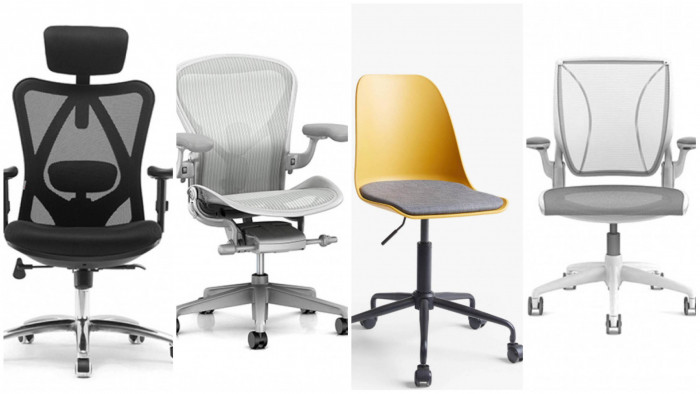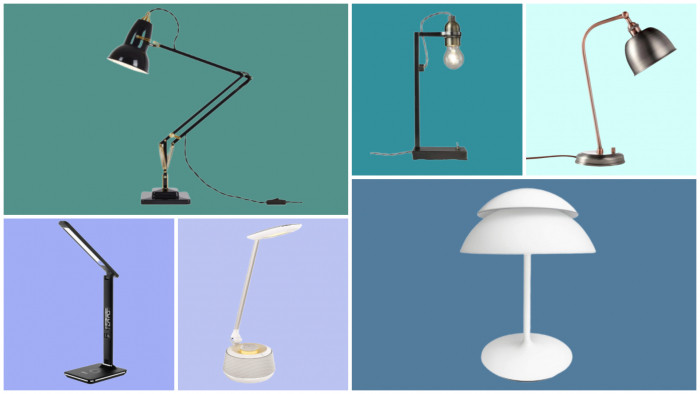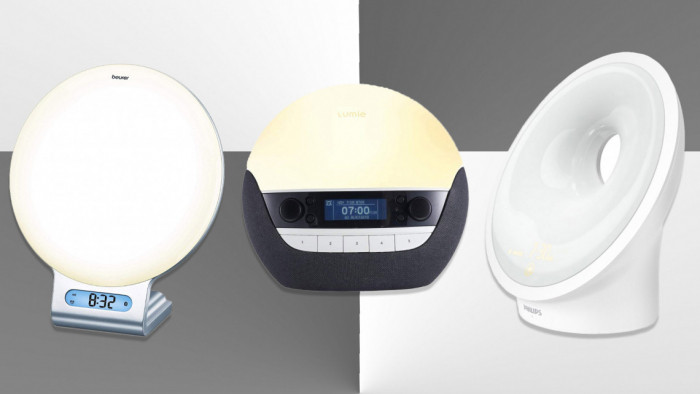Drip, drip, drip, drip… Alright, simmer down, we’re not casting aspersions on your manliness, rather drawing attention to one of life’s most annoying noises – the sound of a leaking tap.
Thankfully, we know a man with a plan. Matt Bedale of Pimlico Plumbers has given us a foolproof guide to the basics of fixing a leaking tap. Read on for instant improvement…
A dripping tap (one that still leaks water after the tap has been turned off) is caused by a faulty washer, so you need to replace the washer. Washers cost around 5p to 10p.
- Step one: Isolate the water, you don’t want to get soaking wet. Turn the stop cock off. If you have a mixer tap you may need to turn off both the hot and cold water supply to the tap.
- Step two: Turn tap to the on position to ensure your stop cock valve is working correctly (if water is still flowing your valve is faulty and you will need to call a plumber). A useful tip is to put the plug in to ensure no bits fall down the waste pipe.
- Step three: Take tap head off using a spanner to reveal washer and remove faulty washer with the blade of a flathead screwdriver.
- Step four: Insert new washer and reassemble tap to original condition.
All in, it would take a qualified plumber ten minutes to complete the job, but for a novice allow an hour. Washers should last 10 years.
If water keeps dripping your taps may well need changing. This will involve selecting a new set of taps, isolating the water supply (as above) and installing new tap units to the plumbing system, a job which may also require a plumber.
Tools needed
- Spanner – a spring-loaded spanner that turns both ways. Basins can be hard to reach so a telescopic spanner is useful for tightening and releasing nuts. You can use it with one hand. A good one will cost £5 from any hardware shop.
- A couple of screwdrivers – a Phillips and a flat head
- A Stanley knife to lift the head of the tap
Common mistakes
Using the wrong washer for the tap. It’s imperative you match the right size washer, otherwise you’ll just encounter the same problem. You can purchase a kit for around £5 that carries around 30 to 40 different types of washers, but as you’ll only need around two types of washer in the house, there’s not much point in buying it.
Some systems use ceramic discs instead of traditional washers; taps that only require a quarter turn to fully operate are likely to have ceramic discs. If this is the case, identify tap make & model and buy replacement cartridge before you begin.
Picture: Getty Images
Latest
Related Reviews and Shortlists










